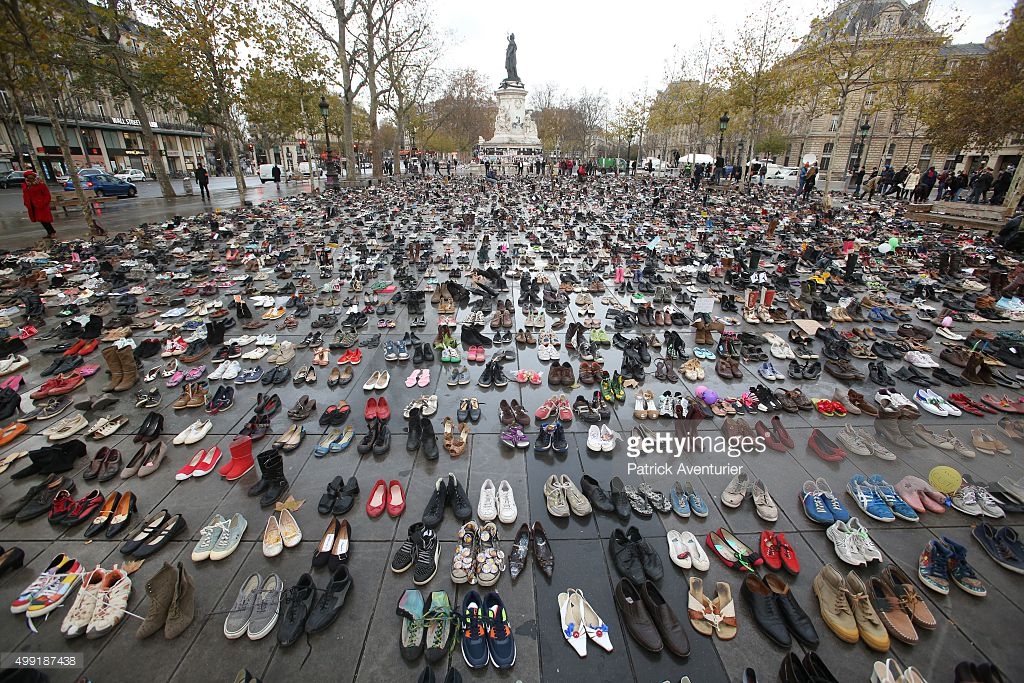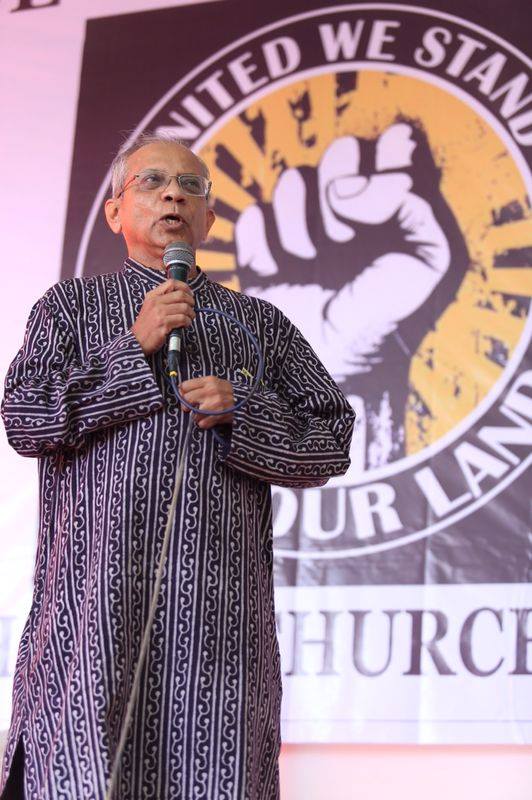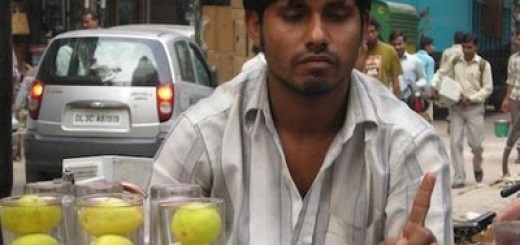The ‘US’ and the ‘THEM’

*Fr. Cedric Prakash SJ

The period late 1960s and the early 1970s is historically a watershed. This period was marked with protests against racism and injustices; against war and violence. The Civil Rights movement and the anti-Vietnam War protests saw millions come out in the United States. In Europe, there were student uprisings. The ‘hippie’ culture which was against what was happening in society, attracted youth from across the social spectrum. In April 1968, Martin Luther King Jr was assassinated; the years after that, witnessed a global social turmoil. People were genuinely angry with the growing divisions in society. Those years were also pregnant with new hope and yearnings for greater social cohesion, a better future for all.
David Campton, a prolific British dramatist, wrote in 1972 an apparently innocuous and simple one-act play entitled ‘Us and Them’. The play begins innocently enough with two groups of wanderers looking for an ‘ideal’ place to settle. Once they each find a piece of land (in environmental splendour) on the left of the stage and on the right of the stage, both groups agree to mark a line between their two territories. Over time, the line becomes a fence, the fence becomes a wall, and the wall grows in size until neither side knows what the other is doing.
Eventually, both sides begin to wonder what the other side might be doing. They wonder long enough and soon their thoughts turn to suspicion and suspicion to mistrust and mistrust to fear, with each side believing that the other is hatching a plot against them. As fear takes hold, both sides unknowingly make preparations for ensuing conflict until eventually it becomes violent. In the end, two survivors, looking at the waste they have inflicted on one other, conclude, “the wall was to blame”. The play was reflective of the growing polarization and divisiveness that had seized several nations and groups at that time of history. It was play meant to ridicule the abysmal depths to which human nature can fall.
Sadly, ‘Us and Them’ is very relevant for our contemporary world and particularly for India. It was ‘Pre-novitiate Day’ in Ahmedabad today. The ten young men aspiring to join the Society of Jesus (Jesuits) in Gujarat one day spared no efforts to make it a memorable one with an absorbing and entertaining two-hour presentation. The theme was “We Are One”, celebrating the pluralism and diversity of India. The backdrop of the stage artistically reflected this. For the ten of them, the theme was a natural one identifying with their own cultural, ethnic and linguistic diversity. There were songs and dances (and some speeches). The two comperes did a very good job with their newly found skills in the English language. However, the ‘piece de resistance’ of the evening was a contextualized adaptation of ‘Us and Them.’
The Pre-novitiate Director Fr Patras Mundu and the prenovices provided this time-tested play with plenty of ‘flavour’ doing the rounds in India today. The two different groups of wanderers of course represent adherents of two different religions. Their dress, their rituals and what they eat differentiated one group from the other and created for exclusivity. There were references to ‘beef-eating’; to ‘idol-worship’ and much more that has been the bane of Indian society. There is of course the role of the ‘spokesman’ (so obviously some of our vitriolic politicians). They have no qualms of conscience in communicating to the others in their group absolutely ‘fake news’ or what they perceive as a threat. The result is first building a wall ‘to keep others out’ (ha! ha! NOT only in India but elsewhere too!), but later on tearing it down to kill others (symbolic of the demolition of the Babri Masjid)! There is the ‘recorder’ who is there recording and commenting on the happenings. However, like so many of our armchair ‘think-gooders’, he does not have the courage to stick his neck out in order to prevent the carnage; instead he philosophically says, “the record is kept because someday, somewhere, someone may learn from it. Now I am required elsewhere.” True to the original play, two of those dying from oppose camps lament “the wall was to blame”.
It was indeed a brilliant performance by these amateur first-time English learners. Their presentation was even more significant because it was the day on which the Catholic Church celebrated ‘Divine Mercy Sunday’. Such days are often relegated to pious devotions. Many really do not see the importance of ensuring that ‘mercy and compassion’ become a way of proceeding in the lives of people everywhere. The ability to reach out, to accept one another, to be inclusive, to build bridges and not walls.
As one dwells on the reality of ‘Us and Them’ one cannot help but be reminded of the lyrics of the popular folk song of Peter Seeger “Where have all the flowers gone?” It became one of the hit songs during the protests in the late sixties. Joan Baez and others popularized it, with two more contextualized verses added, including:
“Where have all the soldiers gone?
Long time passing
Where have all the soldiers gone?
Long time ago
Where have all the soldiers gone?
Gone to graveyards every one
When will they ever learn?
When will they ever learn?”
Words powerfully relevant in our violent, exclusive world. ‘Us and Them’ is essentially about you and me. The now moment, the now people. We are the ‘someone’, ‘somewhere’ and today is that ‘someday’ – when we need to have the courage to learn from history and to ensure that it is no longer ‘us and them’, but just ‘WE’ in this journey of life!
* Fr. Cedric Prakash SJ, works with the Jesuit Refugee Service on Advocacy and Communications, in the Middle East. He is based in Beirut, Lebanon. Contact: cedricprakash@gmail.com
















